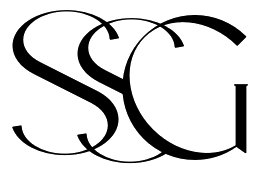The European Commission has unveiled [1] a new strategy for the steel and metals industries, aiming to counteract intense global competition. As part of this plan, the Commission intends to tighten import quotas, targeting a 15% reduction starting from April.
The European steel industry, already weighed down by high energy costs and stiff competition from Asia, has raised alarms about potential job losses and declining output. Industry leaders warn that the increased inflow of cheap steel could cripple European manufacturers.
The sector has been under further strain due to 25% U.S. tariffs and escalating competition from Asia, putting significant pressure on European manufacturers. Commission Vice-President Stéphane Séjourné acknowledged the challenge posed by global overproduction, especially from Asia, stating that protecting European steel plants from unfair competition is a top priority.
Following the U.S. tariffs on steel imports, the EU has expressed concerns about an influx of global steel surpluses into its markets. To mitigate this, the bloc introduced safeguard measures in 2018 during trade disputes with the Trump administration, which have been extended over the years.
Now, the EU plans to reinforce these measures with additional quota reductions and intends to propose a replacement safeguard clause by late 2025, ahead of its 2026 expiration. In response, the EU plans to reinforce import quotas and implement new measures to shield its metals sector. Proposed actions include revising public procurement rules to favor European-made steel and introducing stringent safeguards against dumping practices.
The action plan also includes an investigation into aluminum imports and proposes the introduction of a “melted and poured” rule. This measure aims to prevent foreign suppliers from bypassing trade defenses, such as anti-dumping regulations, by partially transforming products in countries unaffected by these policies. This new rule would target the country where metals are initially processed, blocking attempts to misrepresent product origins.
Stéphane Séjourné emphasized Europe’s determination to remain a key player in the global steel market rather than a passive recipient of excess supply. He emphasised “Europe must be a global steel player, not a playground.”
Sources:
[1] EU plans to reduce steel imports by 15% https://www.euronews.com/my-europe/2025/03/19/the-eu-plans-to-reduce-steel-imports-by-15
